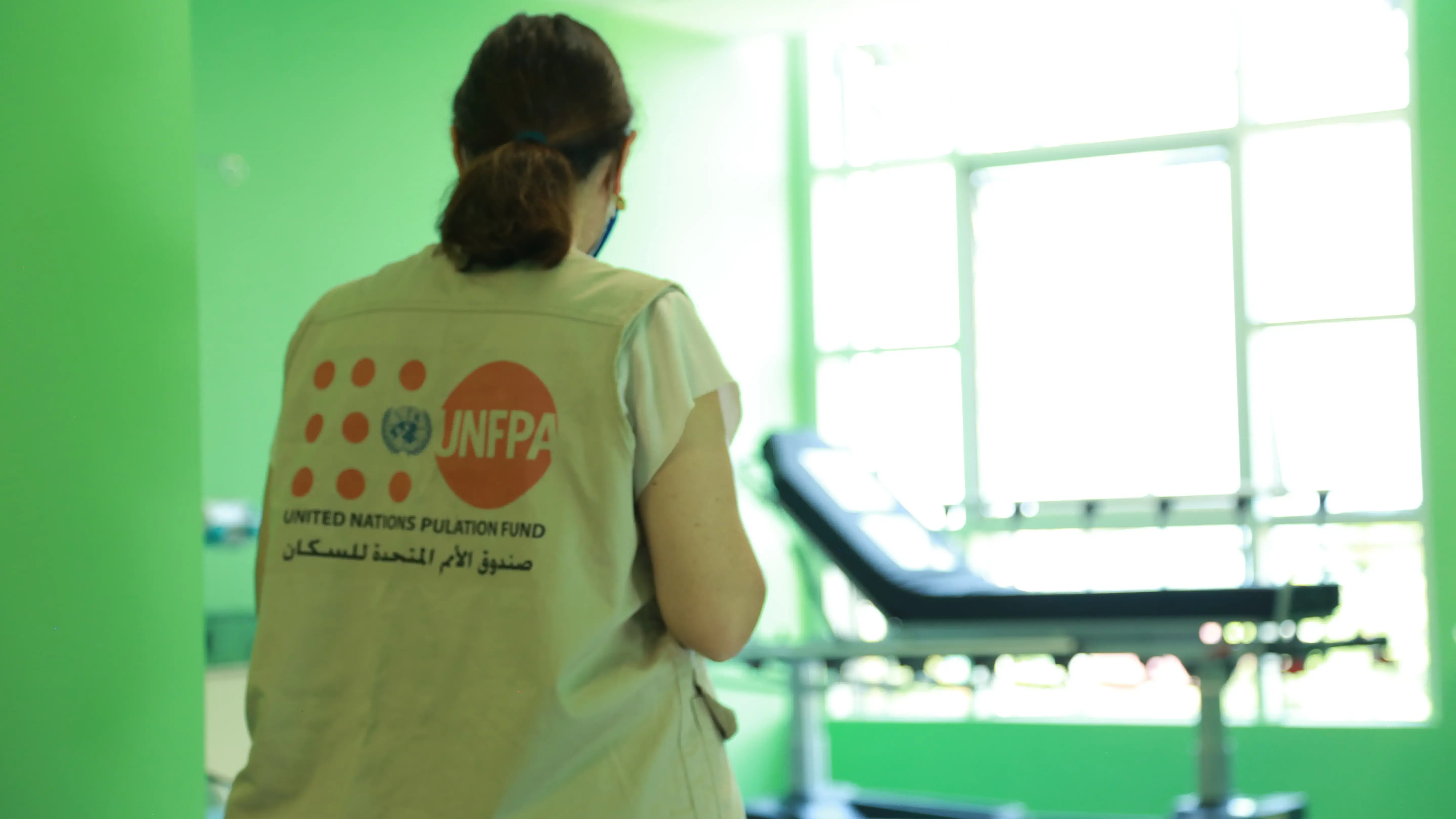About UNFPA

UNFPA is the lead UN agency for delivering a world where every pregnancy is wanted, every childbirth is safe and every young person's potential is fulfilled.
UNFPA expands the possibilities for women and young people to lead healthy and productive lives.
Since UNFPA started working in 1969, the number – and rate – of women dying from complications of pregnancy or childbirth has been halved. Families are smaller and healthier. Young people are more connected and empowered than ever before.
Too many left behind
But too many are still left behind. Nearly a billion people remain mired in extreme poverty. Sexual and reproductive health problems are a leading cause of death and disability for women in the developing world. Young people bear the highest risks of HIV infection and unintended pregnancy. More than a hundred million girls face the prospect of child marriage and other harmful practices, such as female genital mutilation.
Much more needs to be done to ensure a world in which all individuals can exercise their basic human rights, including those that relate to the most intimate and fundamental aspects of life.
Ensuring every pregnancy is wanted.
Few things have a greater impact on the life of a woman than the number and spacing of her children. That is why international agreements going back decades affirm that individuals should have the right (and the means) to freely decide when (or if) to start a family and how many children to bear. Yet, in this new century, some 225 million women who want to avoid or delay childbearing still lack access to the quality services and supplies needed to manage their fertility.
Supporting maternal health
We know how to save almost all women who die giving life. The first step is to ensure they can plan their pregnancies and space their births. Skilled birth attendance at delivery, with backup emergency obstetric care and essential supplies in place, is also critical.
Perhaps the most challenging aspect of reducing maternal death and disability is finding ways to reach all women, even those in the poorest, most remote areas, or in times of natural or man-made disasters. This involves bolstering health systems. It is also critical that pregnant women can access all the care they need, from prenatal HIV testing to post-natal care for newborns, at the same clinic or health center. This approach saves money and saves lives.
Helping young people fulfil their potential
Young people from age 10-24 constitute a quarter of the world’s population (2014). Their reproductive choices will shape future demographic trends.
UNFPA advocates for the rights of young people, including the right to accurate information and services related to sexuality and reproductive health. Empowered with knowledge and skills to protect themselves and make informed decisions, they can realize their full potential and contribute to economic and social transformation.
Investing in young people, especially adolescent girls, is one of the smartest investments a country can make. As parents, teachers and leaders of the next generation, they can help break the cycle of poverty, strengthen the social fabric and create a sustainable future.


